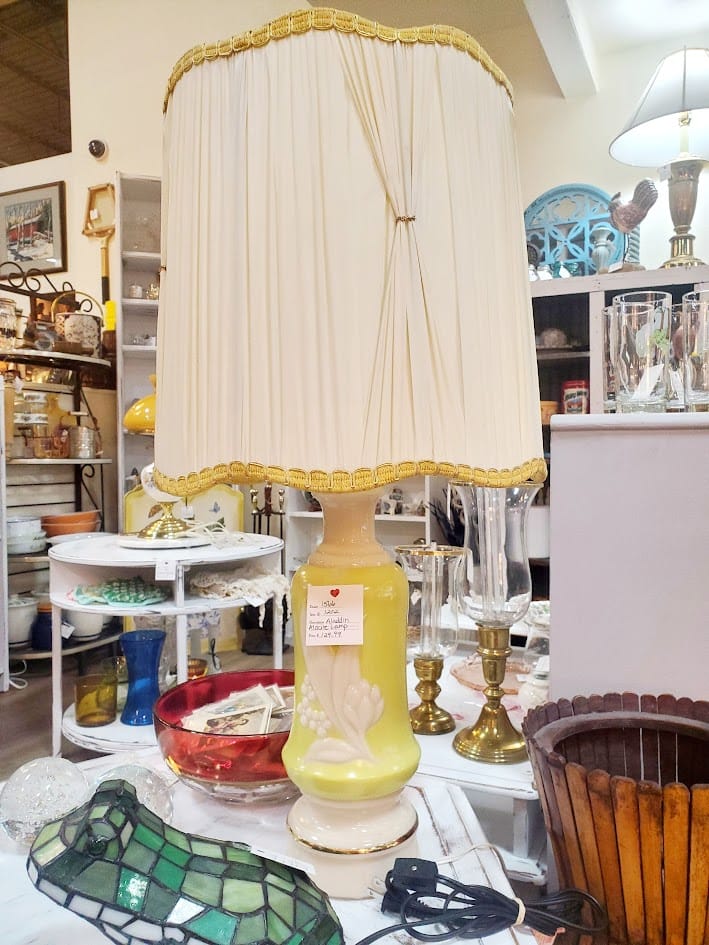Navigating the Antique Booth Business Landscape: Essentials for Success

Embarking on the journey of managing your own antique booth is thrilling, but navigating the business side of things requires careful planning and attention to detail. From legal considerations to efficient inventory management, here's a comprehensive guide to help you successfully manage your antique booth business:
- Legal Foundations
Before showcasing your treasures, check local regulations. Obtain a business license, ensuring you comply with the legal requirements for operating an antique booth in your area. This foundational step sets the stage for a smooth and legitimate business venture. - Insurance Safeguard
Protect your investments by securing adequate insurance coverage. Antique items can hold significant value, and unexpected events like theft or damage can occur. Explore insurance options tailored to antique dealers to safeguard your inventory and business assets. - Efficient Inventory Management
Implement a streamlined inventory system. Utilize tools like spreadsheets or dedicated inventory management software to track items, their prices, and sales. Regularly update your inventory to stay organized and informed about your booth's performance. - Financial Tracking
Keep a meticulous record of your finances. Track income, expenses, and profits to assess your business's financial health. This not only helps with tax obligations but also provides insights into your booth's profitability. - Pricing Strategy
Develop a clear pricing strategy. Consider factors like item rarity, condition, and market demand. Regularly review and adjust your prices to stay competitive and ensure your booth remains financially viable. - Tax Compliance
Familiarize yourself with tax obligations for antique dealers. Keep accurate records for tax purposes and consult with a professional accountant to navigate tax regulations specific to your business. - Marketing and Promotion
Establish a strong online and offline presence. Leverage social media platforms to showcase your inventory, and participate in local events or antique fairs. Effective marketing can attract new customers and keep existing ones engaged. - Customer Relationship Management
Build lasting relationships with customers. Collect contact information to inform them of new arrivals or promotions. Positive customer interactions can lead to word-of-mouth referrals, enhancing your booth's reputation. - Vendor Relationships
Nurture relationships with other vendors in the antique mall. Collaborate on promotions, share insights, and support each other. A network of vendors can provide valuable advice and opportunities for growth. - Adaptable Business Plan
Craft a flexible business plan that adapts to market changes. Stay informed about antique trends, customer preferences, and economic shifts. A dynamic business plan positions you to navigate challenges and capitalize on opportunities. - Customer Feedback
Encourage and listen to customer feedback. Understand what customers appreciate about your booth and be open to making improvements. Customer satisfaction is integral to the success and longevity of your antique business.
By addressing these key aspects of managing your antique booth business, you'll be well-equipped to navigate the challenges and savor the rewards of running a successful venture. Remember, attention to detail and a passion for your craft will set you on the path to long-term success in the antique business world.





